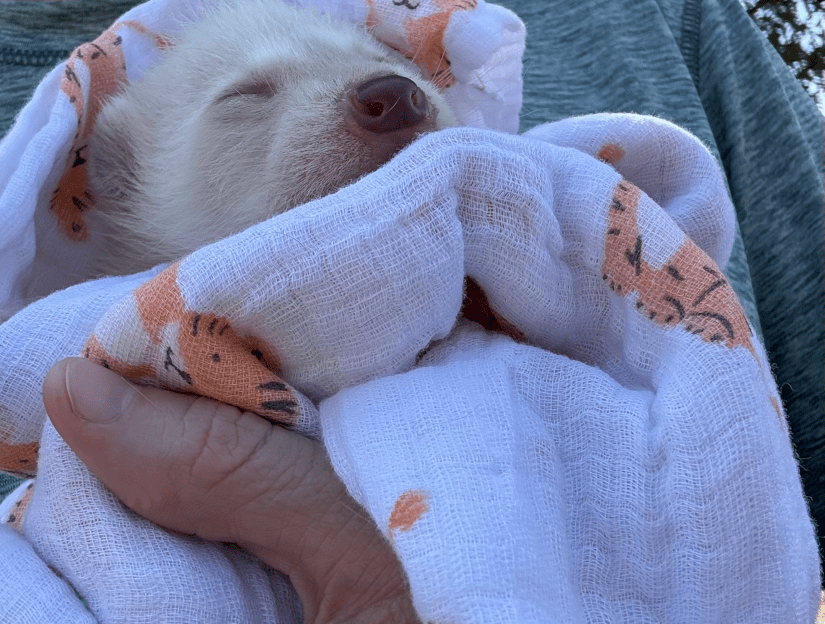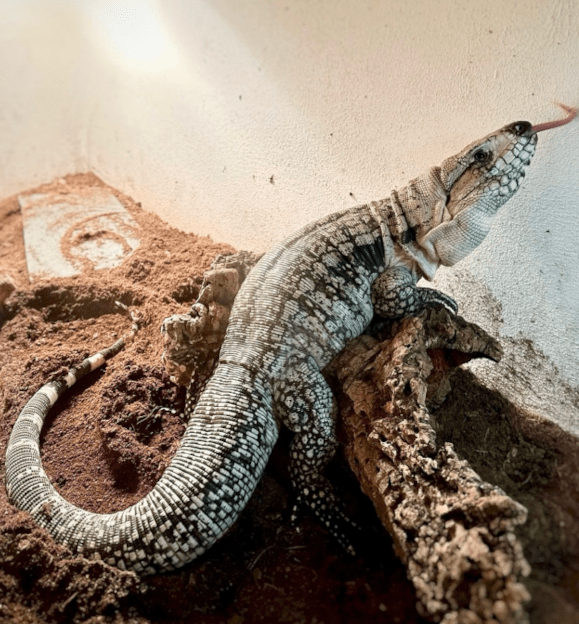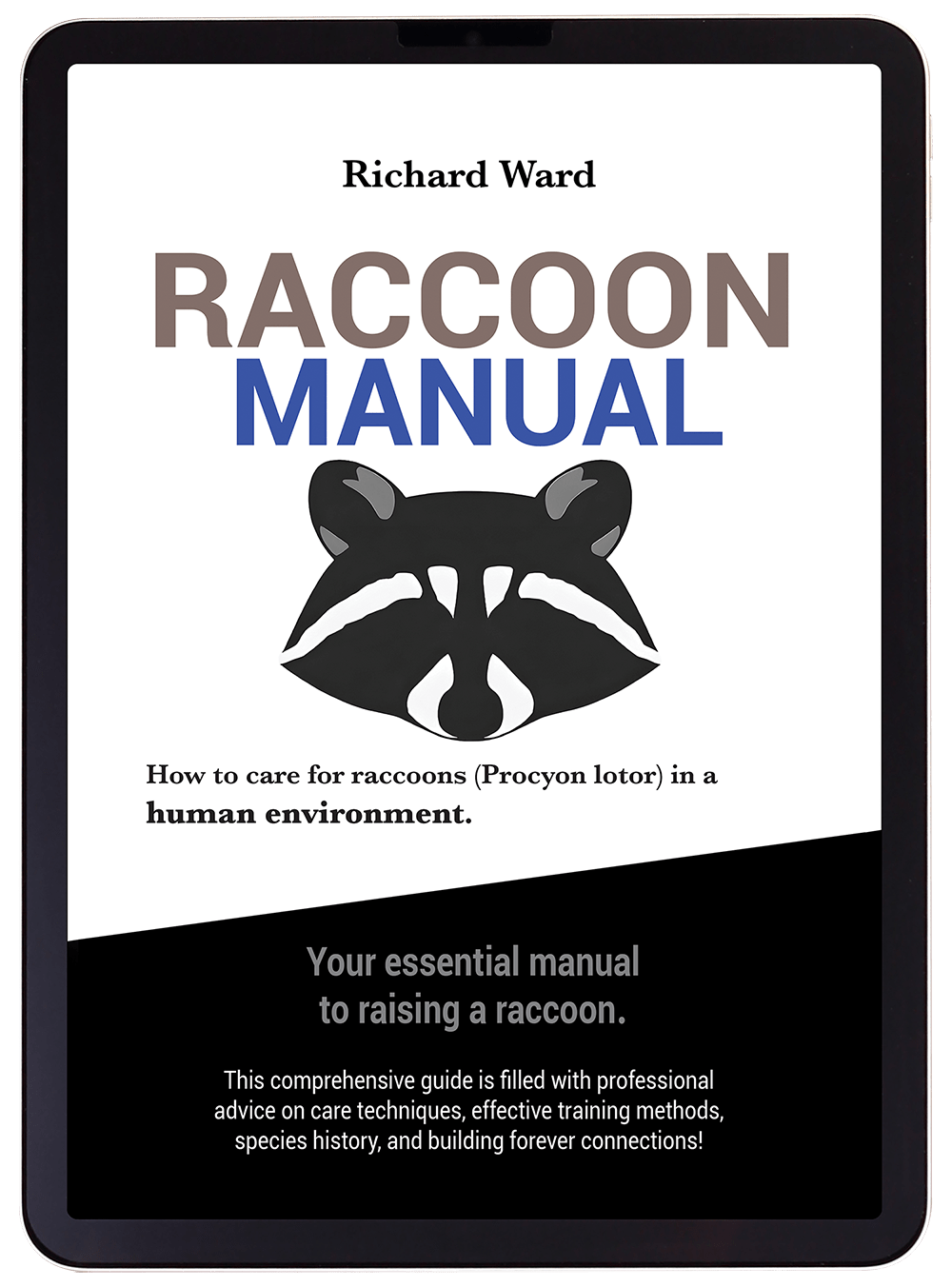

Empowering you with the knowledge and confidence to care for wild and exotic animals responsibly using expert information.


We collaborate with wildlife owners, educators, policy advocates, and field experts to build a future where exotic animals are better understood, respectfully cared for, and protected through knowledge. Our efforts are powered by a passion for learning, clear guidance, and real-world impact. Because at Every Wildlife, we believe that every species matters and every caretaker deserves the best knowledge to protect and nurture the wild creatures we love.
Leon
Leon is a blonde raccoon with a rare color morph called leucism, which causes pale fur and reduced pigmentation.
Ursula
Ursula is a black and white Argentine tegu, distinguished by her bold, contrasting patterns and impressive demeanor.
More Animals
Every Wildlife features a diverse collection of unique species, offering a closer look at their natural beauty and fascinating behaviors.
Leon is now 6 months old!
Frequently Asked Questions
What should I know before getting an exotic?
Before adopting or buying an exotic animal, research its specific care needs, legal requirements, and lifespan. Exotic pets often require specialized diets, habitats, and veterinary care. Make sure you’re prepared for a long-term commitment and the responsibility of providing a safe environment.
Do raccoons make good pets?
Raccoons are intelligent and curious but can be very challenging as pets due to their natural wild behaviors. They require significant enrichment, time, and patience, and may be illegal to own in some areas. It’s best to consult local regulations and consider their needs carefully before getting one.
How do I create a safe habitat for my reptile?
A safe habitat includes proper temperature gradients, humidity control, and secure enclosures to prevent escape. Use species-appropriate substrates and provide hiding spots to reduce stress. Regular cleaning and monitoring are essential to maintain your reptile’s health.
When should I clean my pet’s enclosure?
Clean the enclosure regularly to prevent bacterial buildup and illness, usually once a week or more depending on the species and enclosure size. Spot clean daily by removing waste and leftover food. Always use safe, pet-friendly cleaning products.
How do I find an exotic veterinarian?
Look for vets specializing in exotic or wildlife medicine, often listed through local veterinary associations or exotic pet organizations. Ask for referrals from reputable breeders, rescue groups, or exotic pet communities. Ensure they have experience with your specific species.
How can I obtain an exotic animal pet?
To get an exotic pet responsibly, you need to find a USDA licensed breeder who specializes in your chosen species. Avoid taking animals from the wild, as this harms native populations and is often illegal. Look for breeders or rescue groups with proper permits and good reputations.
Support Pet Raccoon Rights With Us
Help establish fair quarantine for vaccinated exotic pets in Florida.

